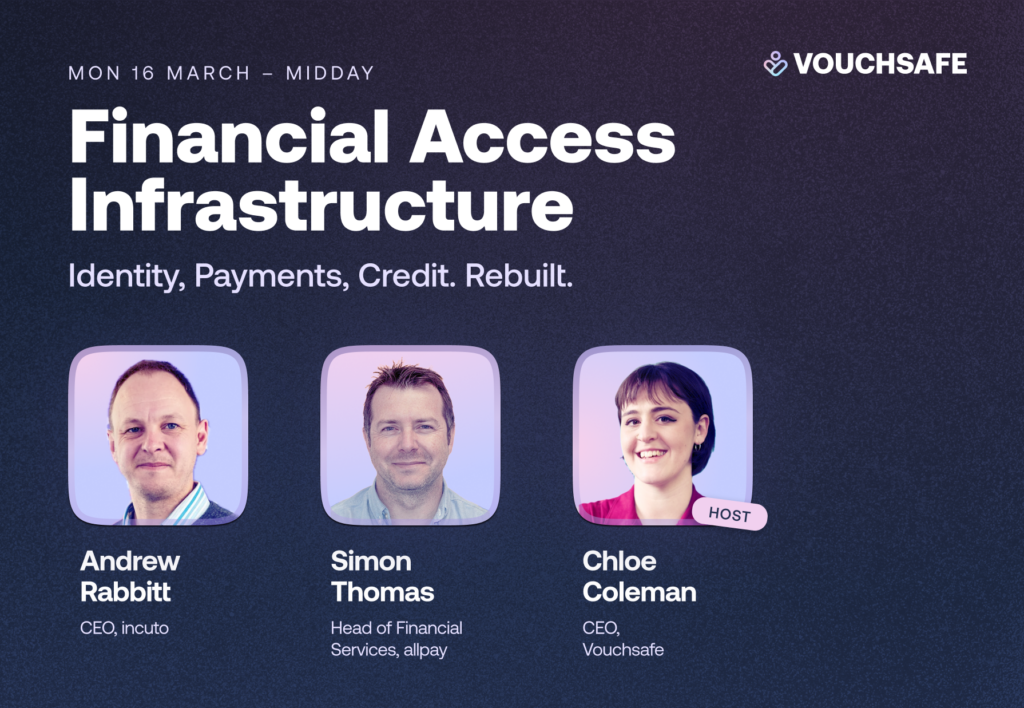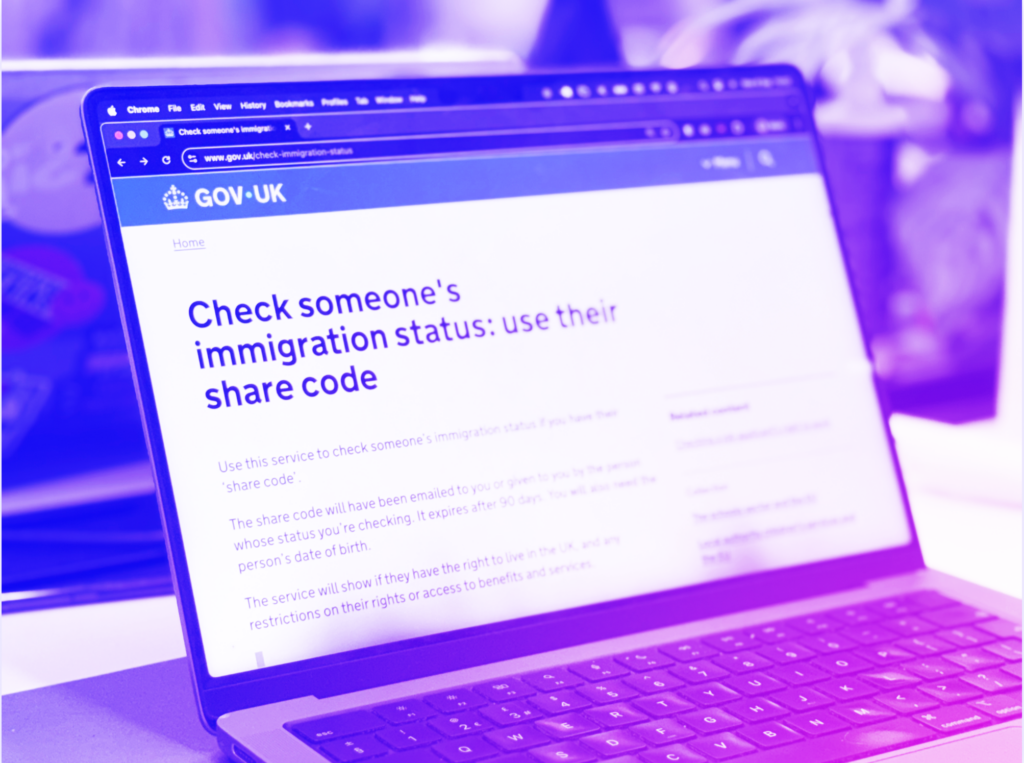Digital ID could be a turning point, but not like this

The government is set to announce a national digital ID scheme at this month’s Labour party conference. The scheme will be closely tied to the government’s tough-on-immigration story.
This is far from the first time digital ID has been on the table in the UK. Driving licences were already set to go digital this year, and a GOV.UK wallet app is being made for veteran IDs and presumably, eventually, passports. eVisas, the UK’s most common form of digital ID, are already in use, with over four million in circulation.
This announcement could be a step change that brings us in line with the rest of the world.
A move in line with global peers
Other jurisdictions are far ahead. The EU’s eIDAS 2.0 regulation is already rolling out, with member states preparing to issue digital wallets that meet shared standards. In the US, states like California and Arizona are issuing digital driver’s licences that can be used for TSA checks and beyond.
In some ways, a UK scheme is overdue. If we do it well, digital ID could improve access to public services, reduce fraud, and simplify compliance across sectors.
AI-powered identity fraud is already significant and will only get worse. The tools to fight it need to keep up, and the cryptographically secure nature of digital identities mean that it is the only such tool has a real shot of staying ahead long term.

Inclusion, efficiency and political risk
I wouldn’t be running an identity company if I didn’t believe that there was a potential upside here.
Properly implemented, digital ID can reduce duplication across departments, cut processing times, and make it easier to serve people who currently fall through the cracks.
The Companies House push to verify company directors would run a lot smoother if we all had digital identities we could just plug into GOV.UK.
It’s also cheaper. A reusable, verifiable digital credential avoids the need for repeated document checks and data entry.
But all these benefits can only be realised if it is truly universal. Using digital ID predominently as a weapon against illegal immigration puts the entire scheme at risk.
It sets the wrong expectations. Right to work and rent checks are already a legal duty, and are already done with eVisas, using unique share codes that are almost impossible to fake.
Even if we take the anti-immigration argument at face value, digital ID is not the fix it’s being sold as. A bigger issue is widespread sharing of legitimate documents, often with the complicity of gig worker platforms and other employers who do better financially when they have casual workforces with few rights.
Delivery apps like Deliveroo, Uber Eats and Just Eat have faced years of documented abuse, where account holders rent out their access to others with no right to work.
Earlier this year we warned about proofing fatigue brought on by the Online Safety Act.
A system designed primarily to police immigration status is unlikely to gain the public trust needed for broader adoption. If the government mandates digital ID for everyone just to enforce immigration checks, they are setting the stake for a repeat of Tony Blair’s ID cards.
A better path forward for digital ID
If digital ID is going to succeed, it needs to be built as and seen to be a tool for providing better public services, not just enforcing borders.
There’s a really compelling political narrative here. Public services that are easier to access. Benefits delivered faster. Less fraud, fewer errors. Even private sector use cases like getting a bank account or a loan could become easier, as the technology to validate the credentials is shared wider.
That’s how you build alignment across sectors, and build something people want to use.
The government has a choice: frame digital ID as a way to exclude, or as a way to include. One of those paths leads to a decade of adoption and innovation. The other leads to another expensive failure.
If you’re exploring how digital ID, eVisa verification, or identity assurance can drive inclusion and operational effectiveness, email me: jaye@vouchsafe.id.



